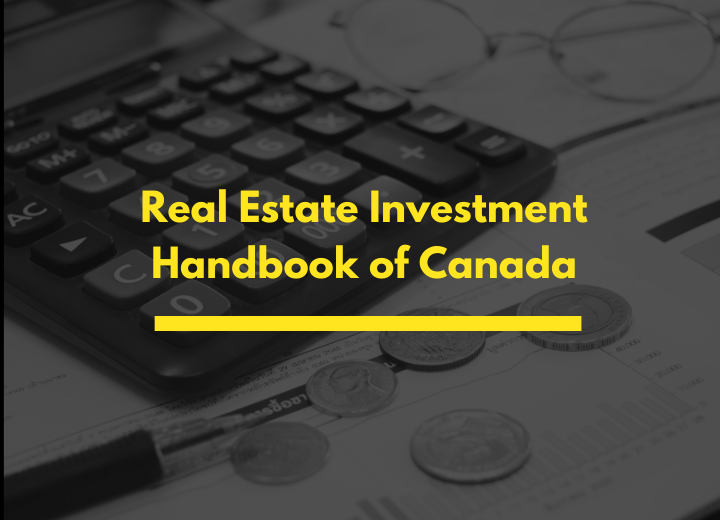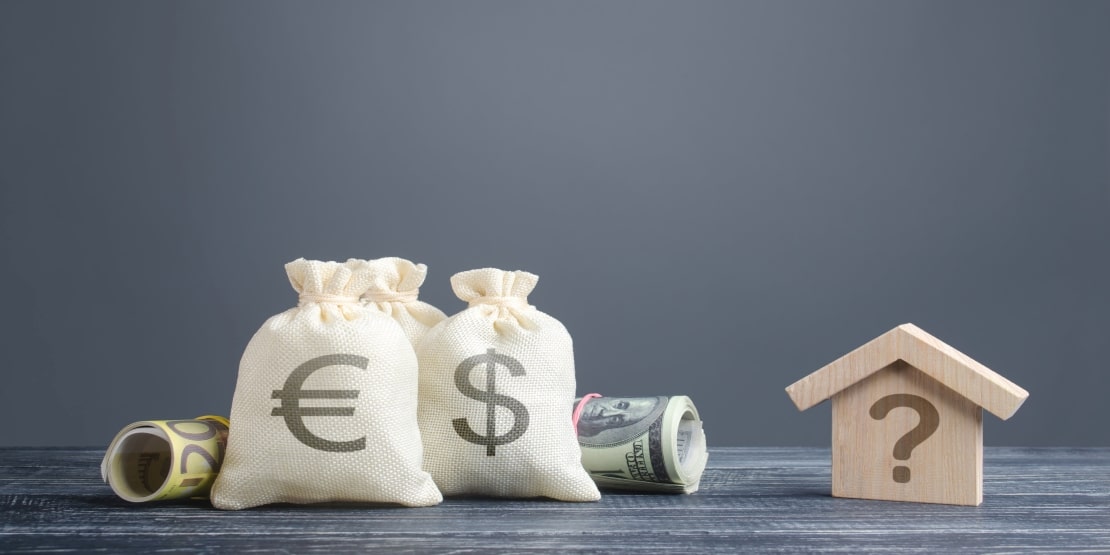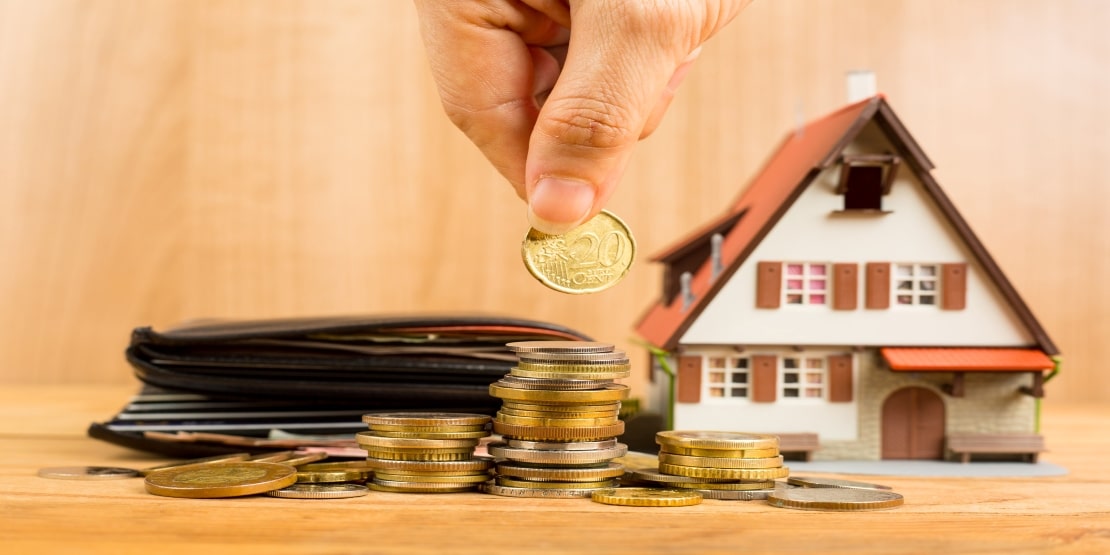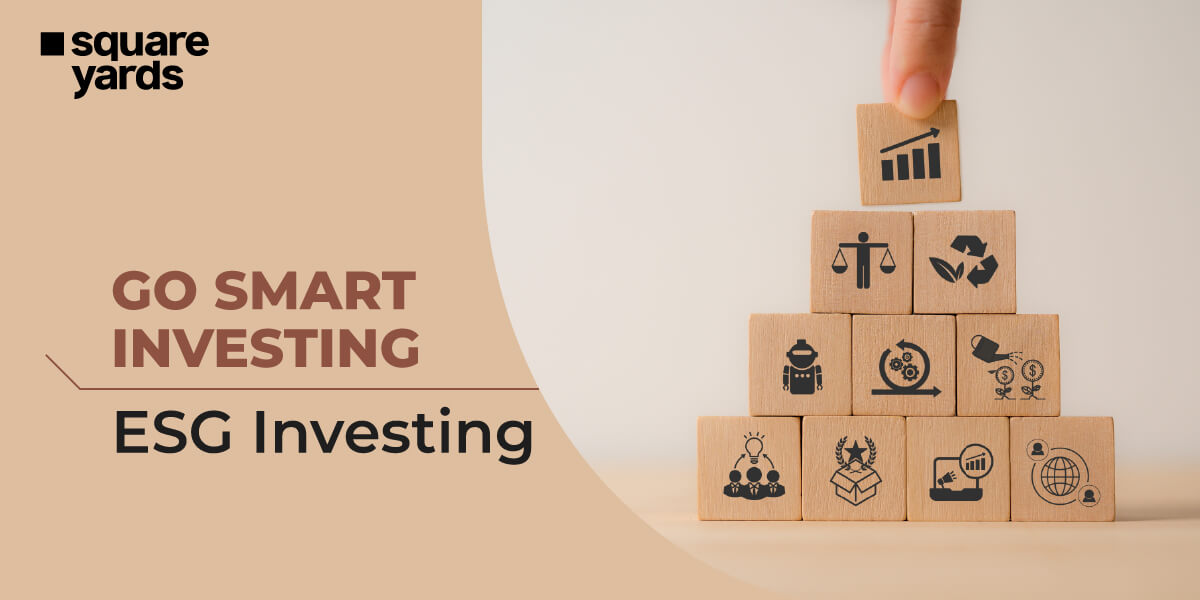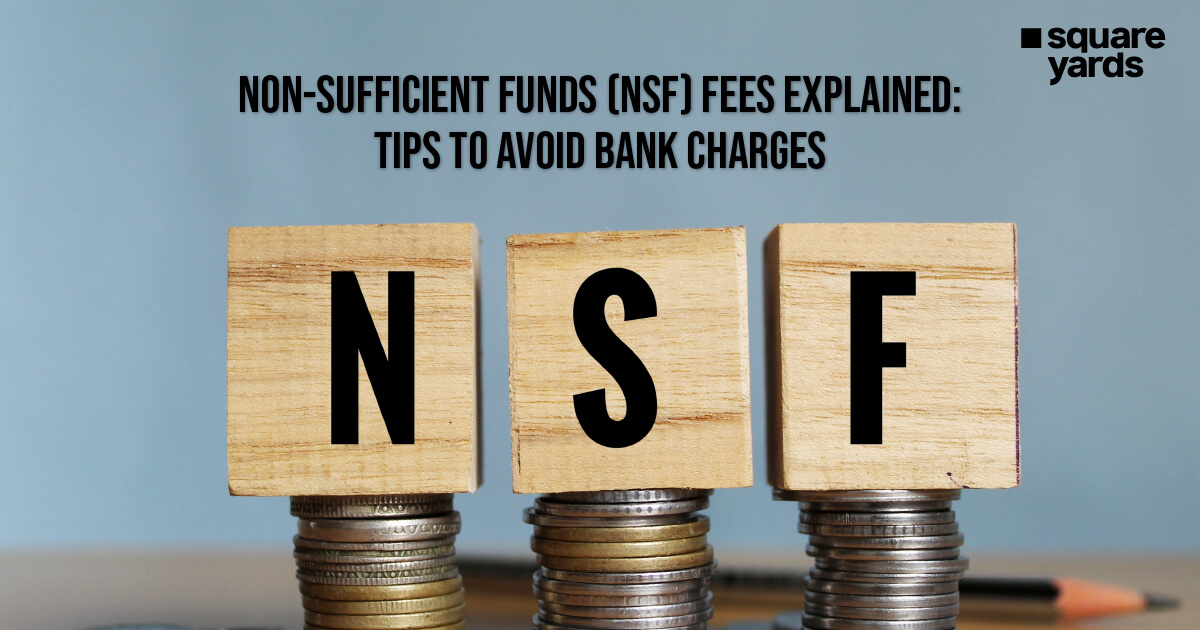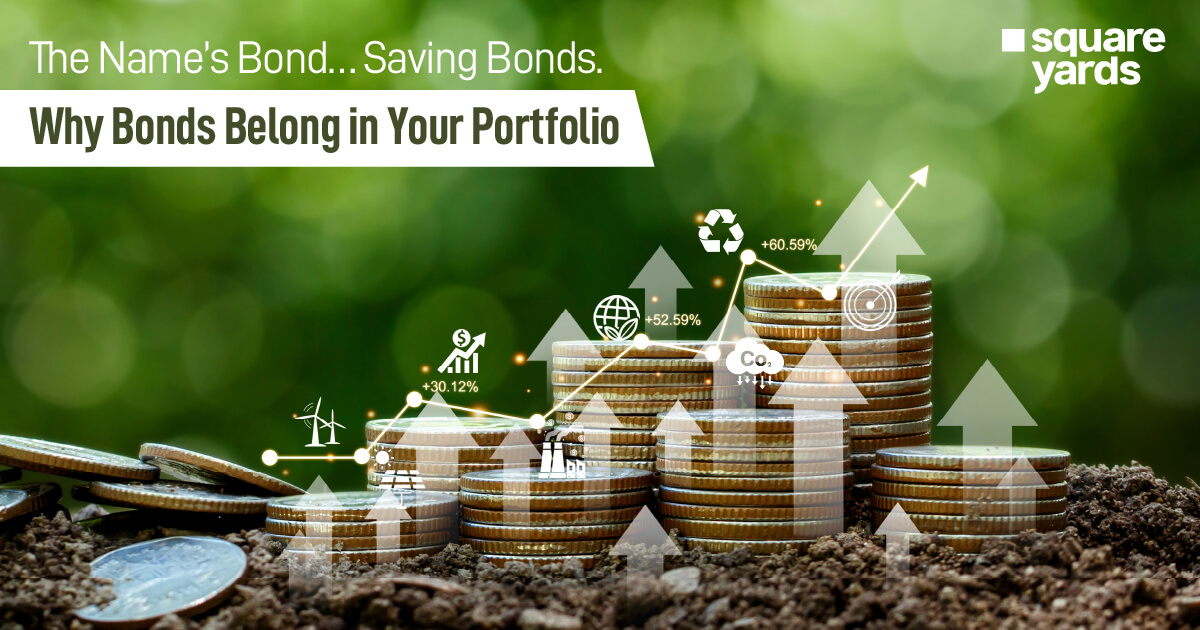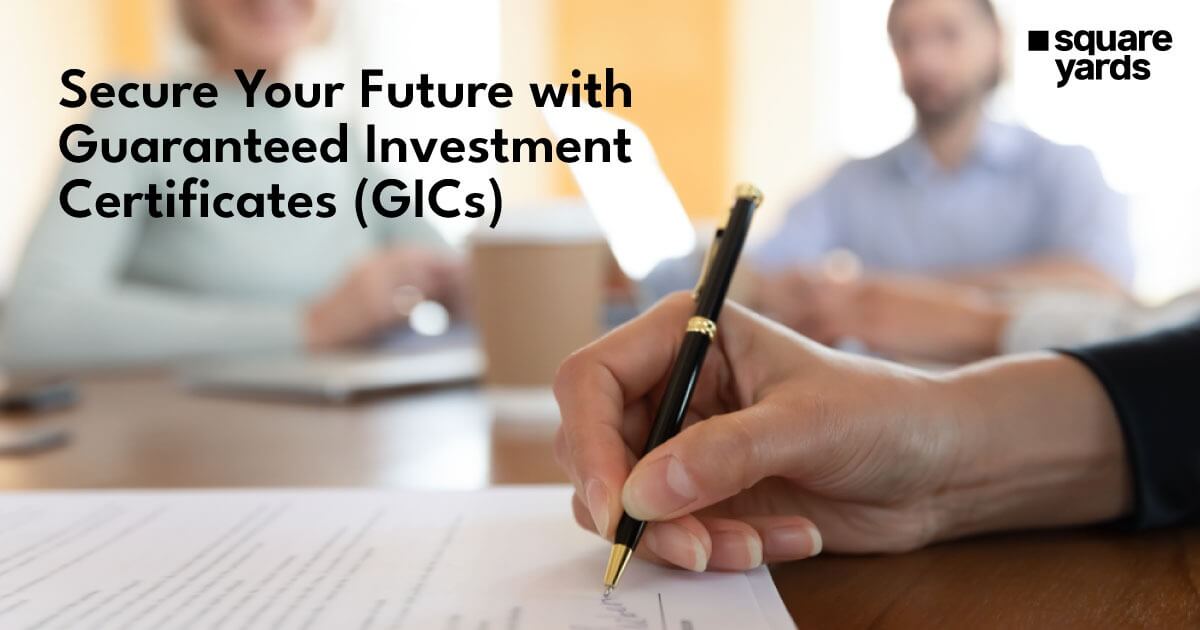The diverse usage of properties in Canada has made real estate investments easy. In the business of real estate in Canada, a property, whether a house, an apartment or a condo, is not just bought for permanent residence right now but as further investment prospects. A property for sale in Canada might always have those prospective buyers whose end goal is to own a home. In fact, people mostly prefer investing in residential properties because of their increment in value with respect to time.
However, there are always certain risks involved. So, doing one’s due diligence is an absolute necessity for any property investment in the country. And so that you can make an excellent real estate investment in Canada, we have curated this detailed handbook to help you out.
7 Best Investment Options for Properties in Canada
There are two methods to approach investing in real estate in Canada, including:
-
- Active modes of investment wherein you already own a residential or rental property or are investing in house flipping.
- Passive modes of investment involving mutual funds, real estate investment trusts, exchange-traded funds, etc.
In the below list, let’s check out the best seven of these two categories:
Buying a Principal Residence
When you plan to buy a property in Canada in the real estate market, do not look at it as just a residential unit. All investments made in the real estate market in Canada are aimed at directing some real estate investment value catering to long-term investment.
Competent Canadian properties for investment help secure and prosper your net worth. Look for potent properties with a good neighbourhood, easy access to public transport, schools, and other basic amenities before selecting a property. Go for areas with fewer crime rates. Read online about it and inquire in the neighboring areas. Choose a multi-facilitated neighbourhood with a good reputation, housing restaurants, shopping malls, parks, hospitals, general and basic amenity stores, etc.
For buying a home or a property in Canada, it’s only luck and long-term planning that can make you stand with savings on the go. You might have to save for a down payment and then take out a mortgage. First-time home buyers can withdraw from RRSP of around $35000 to initiate their down payment for buying their dream home. On the flip side, people who are not first-time home buyers can go for TFSA for initiating their down payment. Make sure to compare between banks before deciding on your home loan, mortgage or down payments.
Financial institutions and banks, like EQ bank, offer much more interest rates than Big 5.
House Flipping for a Property in Canada
House flipping is a great way to invest in real estate. However, it comes with hefty renovation. This is because, in house flipping, old properties are generally bought for sale. So, they are either redecorated or reconstructed as per requirements before they are put up for sale in the market again. And these are not just houses. Many apartments for sale in Canada are also house flipped (either the entire building or just the unit).
If you are interested in house flipping, these are the two factors that you need to keep in mind when eyeing the property for resale:
-
- Make sure to look for a building that does not bear any significant damage or faults like leakage or structural constraint. Any issue requiring some basic amends (including fixtures, painting, flooring, etc.) can be considered.
- Speak with a realtor beforehand to ensure the selling and reselling of the property at a reasonable price. Draw a comparison of the property’s renovation costs with respect to its final selling price. This would help you gain some profit in the sale.
Investing in a Rental Real Estate Property in Canada
If the concept of house flipping is overwhelming for you, you can go for a safer option of buying a potential rental property wherein you purchase a tenant-friendly property and put it up for rent. With the number of immigrants Canada bears every year, owning a rental property might be an excellent option to consider. However, in a rental property, the active involvement of the owner and the buyer becomes a prominent pointer to consider. For purposes like these, you are free to hire and consider a property manager who could take care of the various formalities pertaining to renting the property.
Getting a mortgage for a rental property and buying a house are two very different prospects in the real estate terminology. So, do your research and be thorough with your options while making such an investment. Apart from the cost of the rental property, incorporate the rates of a property manager, maintenance charges, and other miscellaneous rates in your expenses to check if it is compatible with your budget or not. Explore the various offerings of banks and property managers to land the right one. You can also find brokers in different online portals who can fetch you, reliable tenants. Additionally, observe the rents of similar properties so that you can set a reasonable rent for your property.
Buying a Vacation Property in Canada
The purchase of a vacation home can be very subjective. The identification of the motive of the investment would determine the functionality of the house. If you are looking for someplace to relax and spend a weekend, the purpose of buying a vacation property would be different. However, if you aim to put it up on rent, many other criteria come into consideration. Although the intent of converting a “place to chill” to “optimistic investment” could help one generate a decent amount of funds and profit, you have to ensure that the property location is well-connected with all the amenities required for the guests to enjoy. This would also help you generate better money while renting it out.
If you are considering the option of not being a full-time vocational property owner. You can also explore the option of time sharing, wherein you divide the cost of the property with other owners.
On Sale of Condo Property in Canada
Like apartments for sale in Canada, you may also find multiple condo properties for sale in Canada with the purpose of the real estate investment. So, if you are looking for passive modes of real estate investments in Canada, you can explore the option of pre-sale condo assignments. The term “assignment” is associated with the prospect of signing the rights to a new buyer. This process involves an investor/buyer selling the rights before the condo is complete.
The prices of condos in the real estate market are always hyped because of the functionality purpose it fulfills and the affordability assurance it comes with. Condo prices in Toronto and Vancouver are much more hyped in Canada. Buying or dealing with such properties in Canada charge an assignment fee of almost 1%.
Private Mortgage Property in Canada
Another easy real estate investment option is to become a mortgagee yourself. Home buyers opting for such financing are called private mortgages. Wherein you, as the mortgagee, give the money as a loan to the borrower. With the assistance of a mortgage broker, you can easily find borrowers who are looking for private mortgages. Home buyers mostly look for private mortgages when they do not meet the banks’ eligibility criteria for a home loan or a mortgage. However, one of the most significant advantages of becoming a private mortgage is earning more interest than banks.
Commercial Plots: Real Estate Properties in Canada
Investing in commercial property might be highly beneficial to you as it includes shopping malls, office buildings, and other commercial units. Although, a more realistic way to invest in commercial real estate in Canada is via a company’s mutual fund or ETF.
Conclusion
Real estate investment in Canada might be a typical decision. And going through the market statistics to opt for optimistic speculations would require much more research. We have made an effort in preparing a layout to understand the typology of better property investments. Hopefully, these investment methods make it easier for you to understand the what, how and when of investing in a property in Canada.
Frequently Asked Questions (FAQs)
The three basic types of property investments include commercial, residential and vacant properties.
You can borrow anywhere from 100% – 105% of the purchase price.
2% of the house cost should be your rent for rental properties in Canada.
ETF, Stocks and Real Estate are the best options for Canadian investments.
The housing in Canada's market has averaged 6.11% yearly over the past 15 years. The average all-over return rate is 10.3%.
20% of a minimum down payment is required. For new investors, following all stated rules and regulations is highly recommended.
The 1% rule of real estate measures the price of investment property against the gross income it will generate.
There is no specific number of mortgages and houses that a certain individual or family can own. What are the types of property investments?
How much can you borrow for an investment property?
What is the 2% rule in real estate terms?
What are the best Canadian investments?
What is the average return on real estate in Canada?
Do you need a 20% down payment for an investment property in Canada?
What is the 1% rule in real estate Canada?
How many properties can you own in Canada?

